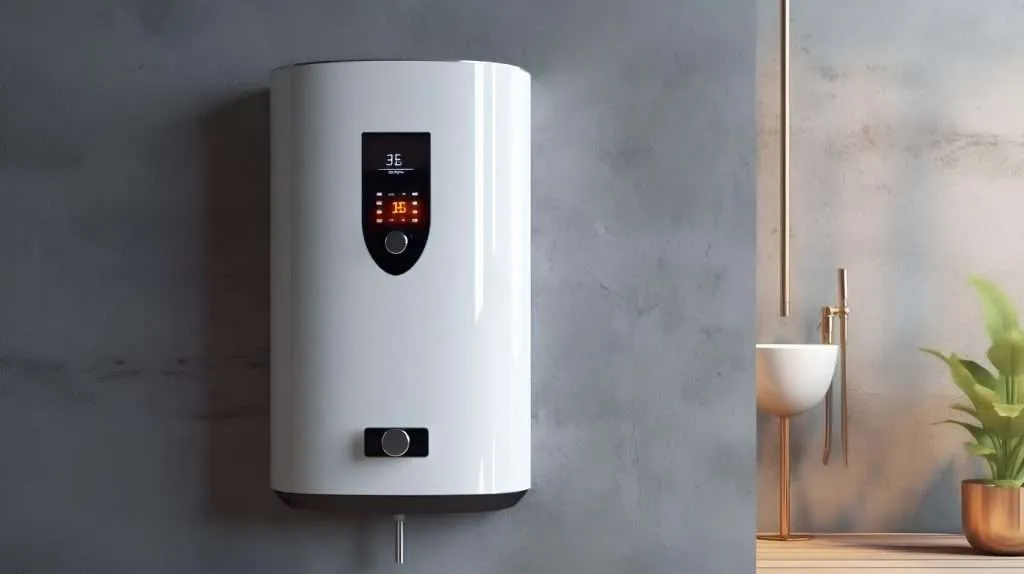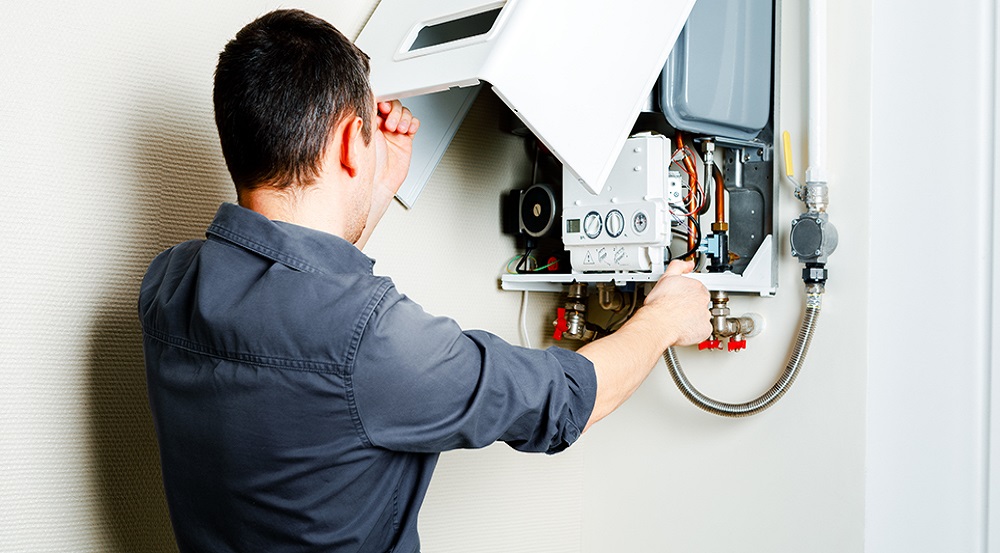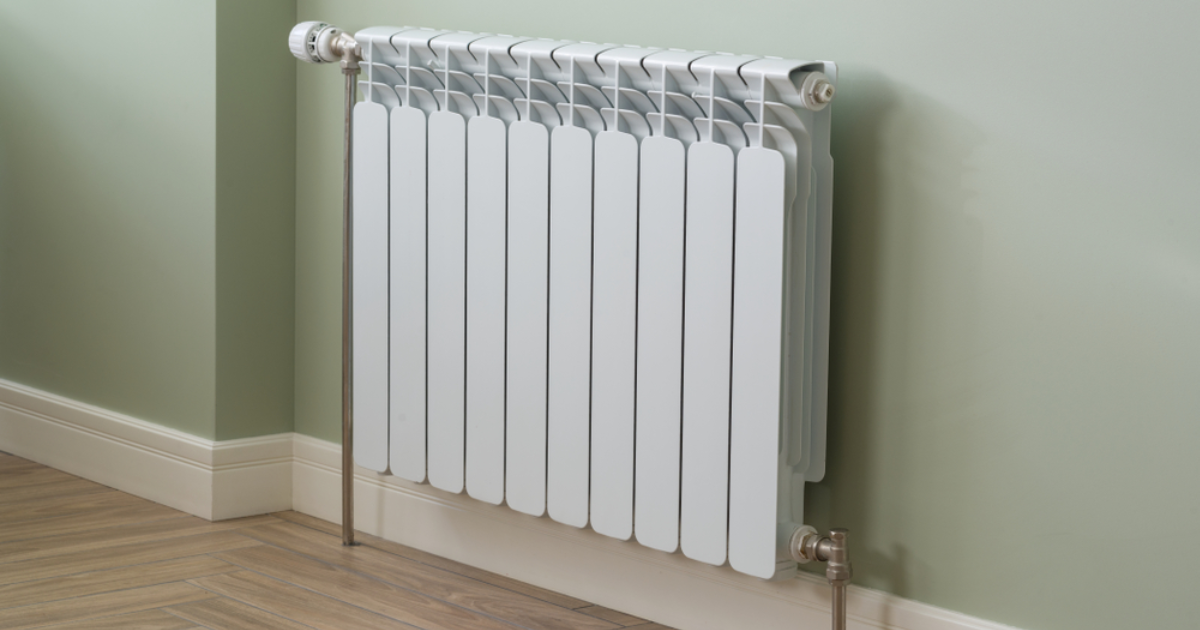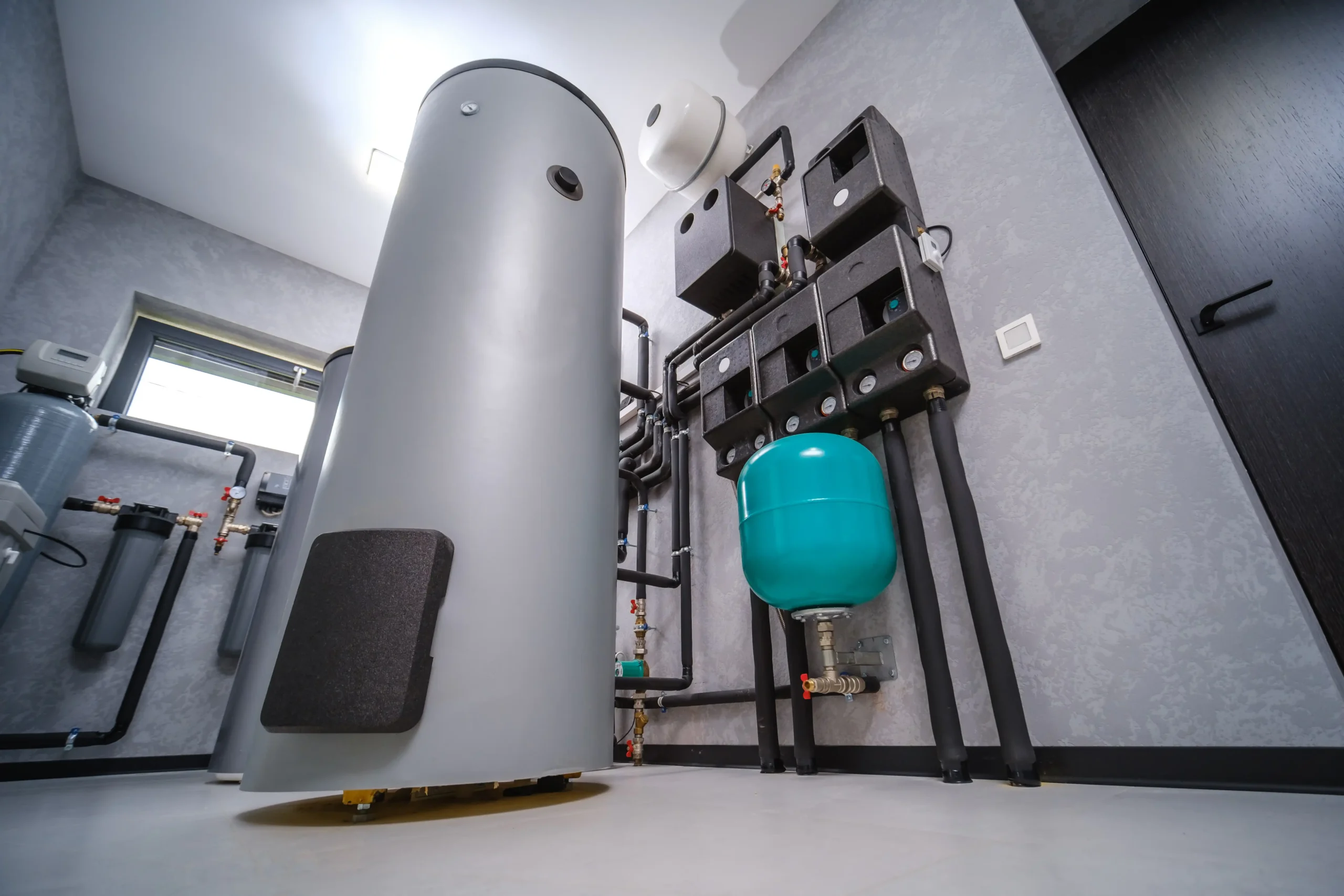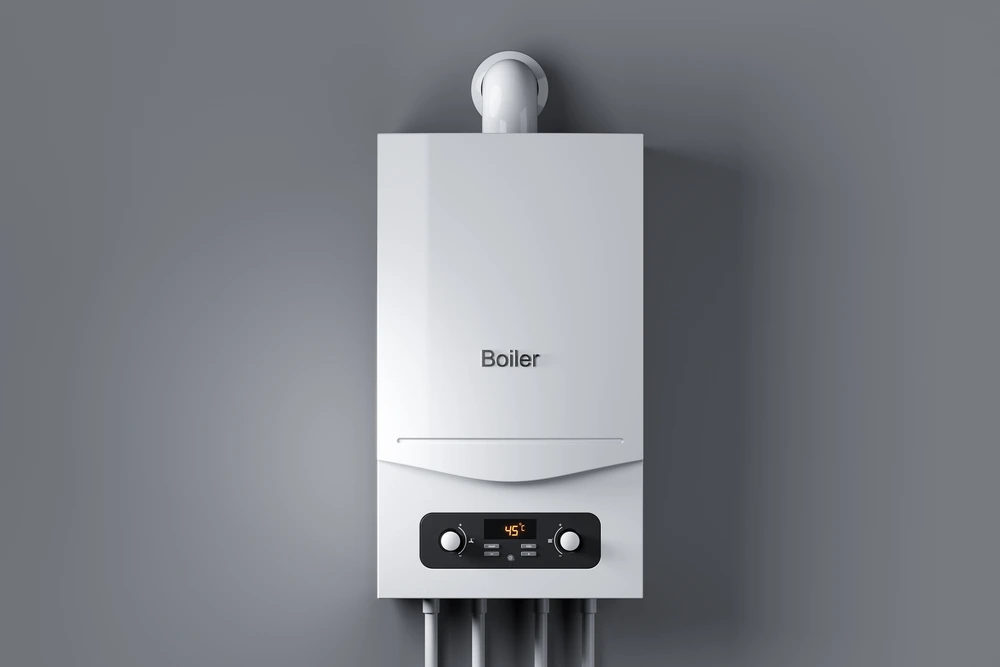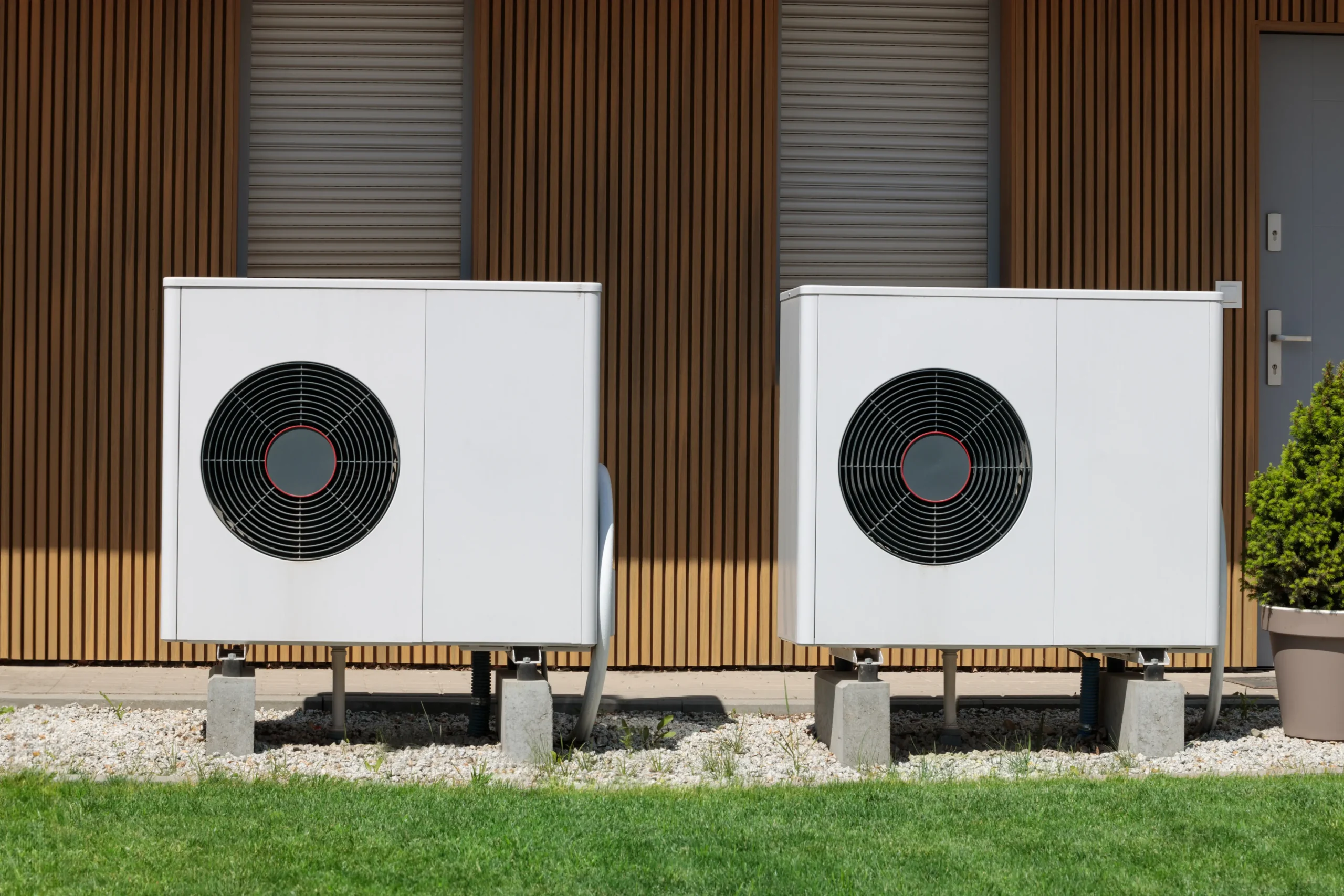
Air Source Heat Pumps: The Sustainable Home Heating Revolution
As energy costs continue to rise and environmental concerns grow, more UK homeowners are turning to air source heat pumps as an efficient, eco-friendly alternative to traditional heating systems. These innovative devices can significantly reduce your carbon footprint while providing reliable heating and potentially lowering your energy bills. In this guide, we’ll explore what air source heat pumps are, how they work, and the key benefits they offer.
What Are Air Source Heat Pumps?
Air source heat pumps (ASHPs) are renewable heating systems that extract heat from the outside air and transfer it into your home. Unlike traditional gas or oil boilers that burn fuel to generate heat, ASHPs work like refrigerators in reverse, using electricity to capture heat from the air outside and amplify it to warm your home and provide hot water.
Even when outdoor temperatures drop as low as -15°C, these remarkable systems can still extract sufficient heat to maintain a comfortable indoor environment, making them suitable for the UK climate year-round.
How Do Air Source Heat Pumps Work?
The operation of an air source heat pump involves several key components working together:
- Outdoor Unit: A fan draws outside air over a network of tubes filled with refrigerant fluid.
- Evaporation: The refrigerant absorbs heat from the air and evaporates into a gas.
- Compression: A compressor increases the temperature of this gas by compressing it.
- Heat Transfer: The hot gas passes through a heat exchanger, transferring its heat to your home’s heating and hot water systems.
- Cycle Continuation: The refrigerant cools, returns to liquid form, and the process begins again.
This process is remarkably efficient, with modern air source heat pumps typically producing 3-4 units of heat for every unit of electricity consumed, making them 300-400% efficient compared to even the best gas boilers at around 95% efficiency.
Benefits of Installing an Air Source Heat Pump
Lower Carbon Emissions
ASHPs can reduce your home’s carbon emissions by up to 60% compared to traditional heating systems, helping combat climate change and supporting the UK’s net-zero targets.
Potential Energy Bill Savings
While installation costs are higher than conventional systems, the running costs can be lower, especially when replacing electric, LPG, or oil heating systems. As electricity grids incorporate more renewable energy, these savings will likely increase.
Long Lifespan and Low Maintenance
ASHPs typically last 15-20 years, significantly longer than conventional boilers, and require minimal maintenance—usually just an annual check by a technician.
Year-Round Functionality
Many modern systems can provide both heating in winter and cooling in summer, offering year-round climate control from a single system.
Installation, Funding & FAQs
Welcome to the second part of our comprehensive guide on air source heat pumps.We explored what heat pumps are, how they work, and their key benefits. Now, we’ll dive into practical considerations before installation, government funding schemes, and answer common questions to help you determine if an air source heat pump is right for your home.
Important Considerations Before Installation
Home Insulation
ASHPs work most efficiently in well-insulated homes. Before installation, ensure your property has adequate insulation and draught-proofing to maximize performance and savings.
Space Requirements
You’ll need sufficient outdoor space for the external unit, which should be placed where it has good air flow and won’t cause noise disturbance to you or neighbors.
Existing Heating System
ASHPs work best with underfloor heating or large radiators because they operate at lower temperatures than traditional boilers. Your existing system may need modifications.
Installation Costs
While government schemes can help, the initial investment is typically £8,000-£14,000, depending on your property size and system requirements.
Government Support for Heat Pump Installation
The UK government offers several schemes to make air source heat pumps more affordable:
Boiler Upgrade Scheme (BUS)
This scheme provides grants of £7,500 toward the cost of installing an air source heat pump, significantly reducing the upfront investment required.
ECO4 Scheme
For eligible low-income households, the Energy Company Obligation scheme may provide funding for renewable heating systems, including heat pumps, as part of broader energy efficiency improvements.
VAT Reduction
The installation of energy-saving products, including heat pumps, currently benefits from a reduced VAT rate of 0% until 2027, offering additional savings.
Common Questions About Air Source Heat Pumps
Are heat pumps noisy?
Modern ASHPs operate at around 40-60 decibels, similar to a refrigerator or moderate rainfall. Proper placement can minimize any noise impact.
Do heat pumps work in cold weather?
Yes, today’s ASHPs can operate efficiently even when outdoor temperatures drop to -15°C or lower, making them suitable for UK winters.
How much space do I need?
The outdoor unit typically requires about 1m² of space with good airflow around it. Indoor components vary depending on your existing system.
Will I need planning permission?
In most cases, ASHPs fall under permitted development, but it’s advisable to check with your local authority, especially if you live in a listed building or conservation area.
How does an ASHP compare to a traditional boiler?
While ASHPs have higher upfront costs, they typically have lower running costs, longer lifespans (15-20 years vs. 10-15 for boilers), and significantly lower carbon emissions.
Is an Air Source Heat Pump Right for Your Home?
Air source heat pumps represent a significant step toward sustainable home heating and reduced carbon emissions. While they require an initial investment, government incentives, lower running costs, and environmental benefits make them an increasingly attractive option for UK homeowners.
To determine if an ASHP is suitable for your property, consider arranging a professional assessment. An expert can evaluate your home’s insulation, current heating system, and specific requirements to provide personalized recommendations.


